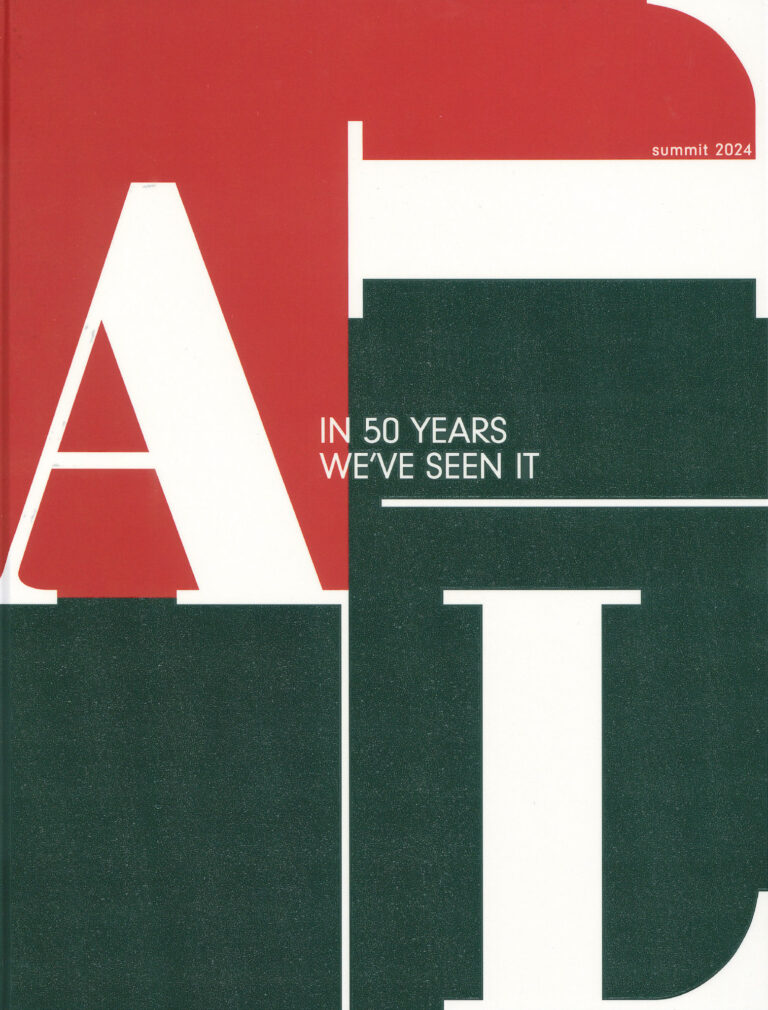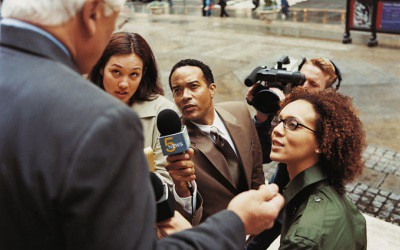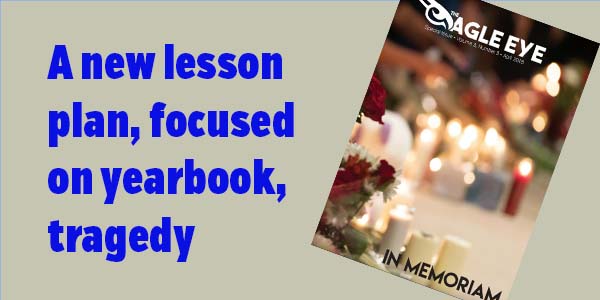Ken Fuson would have written this better.
He would have found a hook, a way to summarize the depth and breadth of his life’s adventures in a single, poignant sentence that would grab a reader by the heart and bring them along for a story the way no other could.
But Fuson is gone.
He died Friday from complications of liver disease at the Nebraska Medical Center in Omaha. He was 63.
“Ken was an extraordinarily gifted storyteller,” said Randy Evans, a retired Register opinion editor. “He found a way that allowed the reader to savor the experience of reading.”
Good writers show the story rather than tell it, goes the trite line. But Fuson really lived that.
He once profiled a beloved Des Moines pediatrician whose gentle manner made it easier for children to take shots and not cry from the pain.
When the pediatrician died, Fuson’s first paragraph was: “This one’s going to hurt.”
When a group of Des Moines businessmen died in a plane crash, he told the story through the men’s friendship: “They had more in common than the way they died.”
Fuson grew up in Granger and learned to read on the pages of the Register. He went to the University of Missouri to study journalism but never graduated.
His first job was at the Columbia Daily Tribune in Missouri. He worked so late on a story one night that an editor found him asleep on a couch in the newsroom the next morning.
“Never love a newspaper,” Fuson remembered the editor telling him. “It’ll never love you back.”
Fuson ignored the advice. He loved newspapers and the Register, in particular. He believed the Register connected with its readers in ways no other newspaper did.
He left the Register in the mid-1990s to work at the Baltimore Sun. [NOTE: While at the Sun, Fuson immersed himself for nearly a year at a local high school as it produced “West Side Story” as its spring musical. The Sun published his reporting over six days in 1997 and you can grab a ready-to-print copy of this 25-page series here. The series earned national feature story of the year honors.] He returned to the Register at the end of that decade. One of the reasons: He missed writing for Register readers.
“Fuson’s byline on the front page … meant you were going to read the very best journalism had to offer,” said Lee Rood, Reader’s Watchdog for the Register and friend and colleague of Fuson for 20 years.
Fuson’s skill was so legendary it had its own nickname. A well-told story became known as “Fusonesque,” the way long home runs are still called, “Ruthian,” in honor of Babe Ruth.
Fuson would hate the mention of a famous New York Yankee in his obit. He was a devoted Cardinals fan. His favorite player was Bob Gibson.
When he joined Facebook a few years back, he asked for help setting his profile photo. He picked Gibson as his avatar. He never changed it.
Fuson took time to nurture young reporters. Scores of us went to him for advice. We wanted him to bestow upon us the gift like a wizard, but the advice was usually plain and to the point.
“Your writing is only as good as your reporting,” Fuson once told me. “You measure a good story by how much good stuff you had to leave out.”
In recent years, Fuson taught high school journalism camps around the country, including one at Drake University.
“The students loved him, too, and kept in touch with him. He was a great, kind, funny, smart, caring and generous teacher and mentor,” said Kathleen Richardson, Drake’s journalism school dean and a former Register news editor.
The Fuson that Register readers knew was a storyteller who saw the inherent humanity in every story, drew beauty from the details of daily life and believed there was a shared, deeply personal connection between Iowans.
The Fuson that Register readers did not see was a man who lost every penny he ever made to gambling addiction and struggled with guilt and self-loathing.
“He was close to living out of his car when, outwardly, he was at the top of his career,” Rood said.
Fuson never hid his struggles with gambling addiction and was an active member of Gamblers Anonymous. He counseled dozens about their addictions, speaking in churches and one-on-one. He was 11 years clean at the time of his death.
“He made himself available to all who needed him,” Rood said. “I turned to Ken last year for advice with a loved one with a gambling problem. He never failed to pick up the phone, even as he came to grips with his worsening health.”
During my own struggles, Fuson often repeated this story to me:
A few years ago, in the depths of depression, Fuson kneeled beside his bed at his Des Moines apartment, clasped his hands together and prayed to God for redemption and relief from the clawing hunger to gamble.
He told me he believed God came to him that day. He felt relief and pledged to return that grace however he could.
“It was the first time I could remember that I didn’t hate myself,” Fuson told me.
Fuson joined the Lutheran Church of Hope where he served in soup kitchens, hosted meetings on religious studies and volunteered for every community service organization he could.
“Lutheran Church of Hope changed his life,” said John Carlson, a retired Register columnist and Fuson’s longtime friend. “Ken was always a good person, but he became a great person. He didn’t have anything to give materially, but he gave of himself and made hundreds of friends.”
Fuson learned he had liver disease earlier this year. His health declined steadily. In recent months, his cognitive ability diminished.
He stopped driving and moved in with his father and brother in Granger. He went to Omaha in hopes of getting well enough to receive a transplant, but an infection festered and ultimately took his life.
Fuson is survived by his father, brother and three adult sons.
One of Fuson’s best-known stories was one of his shortest: a weather story from 1995.
Weather is not all that fun to write about, as many Register reporters would attest. But in Fuson’s hands, it became something special.
He produced a 400-word story about a 70-degree day in March that was a single paragraph. The story’s final lines described the rarity of a nice day in Iowa’s oft-volatile springs.
The final clause of the story read, in part: “… if in all of history there has ever been a day so glorious and concluding that there hasn’t and being afraid to even stop and take a breath (or begin a new paragraph) for fear that winter would return, leaving (the day) in our memory as nothing more than a sweet and too-short dream.”
And with our friend Fuson gone, we exhale with grief, for his words won’t fill our pages again, but we know how real the sweet memories of his too-short life were.











